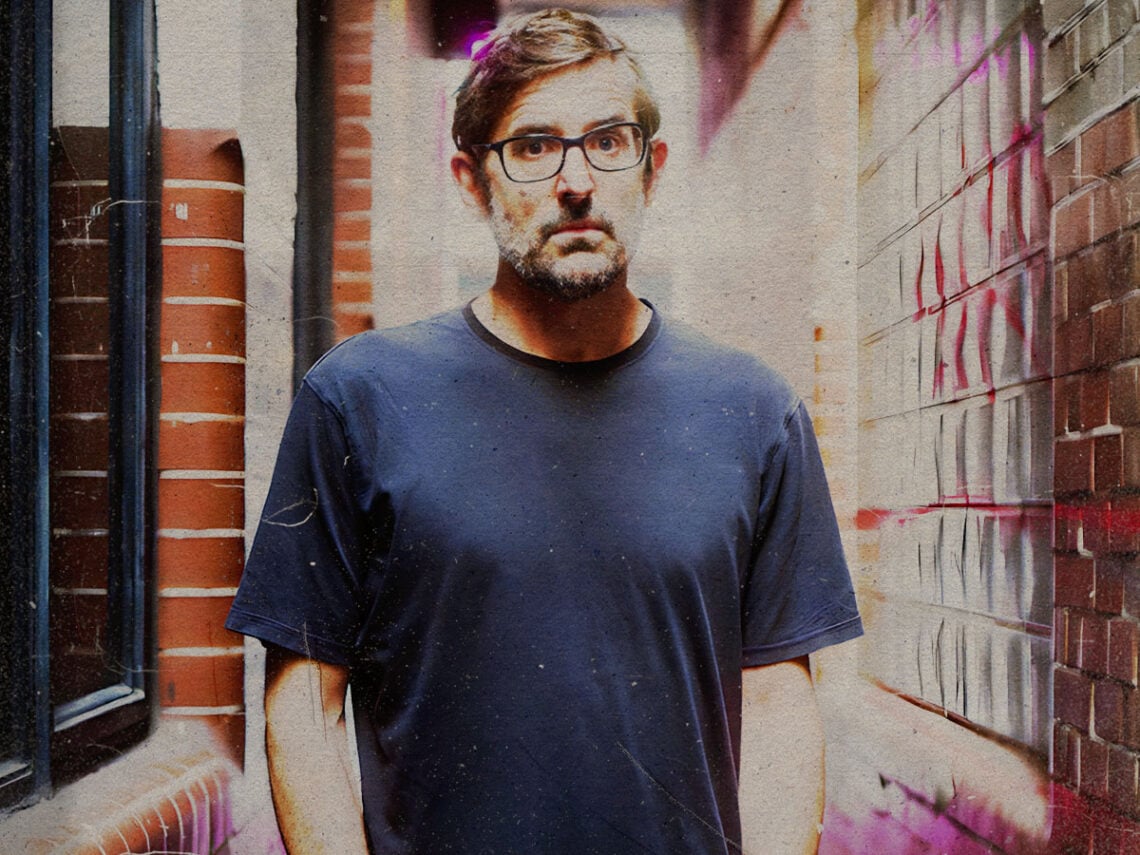
(Credits: Far Out / BBC)
Louis Theroux, the widely celebrated documentarian, has carved an admirable niche in the world of television journalism. With an unassuming demeanour and insatiable curiosity, he has traversed the globe, uncovering human stories that resonate with raw authenticity and unfiltered truth.
Theroux’s foray into documentary filmmaking began with his stint at BBC’s TV Nation and later evolved with his renowned series Louis Theroux’s Weird Weekends. In these shows, he fearlessly delved into eccentric subcultures and explored the idiosyncrasies of human behaviour with a unique blend of humour, empathy, and intellectual rigour.
Although Theroux became a much-loved figure almost overnight, he was his own biggest critic and found it a challenge to buy into his ability as a forerunner in broadcast television. As he put it himself: “Mainly I was distracted by my appearance, voice and how I came across,” he told The Guardian. “The way my hair is piled on top of my head. The faint mid-Atlantic twang in my accent…I was definitely a little bit of a tool, but what was harder to know was whether that was an obstacle or part of my gift.”
However, cut to now: Theroux has more than solidified his place as one of the best journalists in history. Sitting down with Sean Evans for an episode of his notorious YouTube series Hot Ones, Theroux revealed his “Mount Rushmore” of documentaries, comprising some of the finest contributions to the documentary world.
When Evans prompts Theroux to think of “four films, off the top of your head, without over-thinking it,” Theroux’s first pick is Errol Morris’ 1988 film The Thin Blue Line. “It was one of the films that got me interested in documentary making,” Theroux says, commending its non-fiction storytelling as something very “pure”, leaving a strong impact on him and later influencing his own filmmaking style. “It’s a classic,” Theroux said in a previous interview. “It’s just a great example of how powerfully the truth comes across when it isn’t forced.”
He also describes director Michael Moore as “a mentor”, singling out his film Roger and Me as one that resonated in particular. Theroux praises Moore’s prowess with “first-person storytelling, using humour, and taking social issue in a quirky way”. He also, of course, includes Exit Through the Gift Shop, a project that he has mentioned on multiple occasions as one of his favourites.
Though directed by the enigmatic guerrilla artist Banksy, the film doesn’t extensively delve into the artist’s own body of work. Instead, it centres on what Theroux describes as the nature of street art and merchandising. “He’s kind of in it, but not in it,” Theroux describes, “It’s about street art, it’s about self-promotion. It’s a great watch.”
To round off his list, Theroux mentions another film he has discussed in previous interviews: The Act of Killing. Upon its release in 2012, Joshua Oppenheimer’s startling documentary had a monumental impact on many, including Theroux. The film shadows former Indonesian death squad leaders as they are prompted to craft a dramatic reenactment of their unimaginable atrocities.
“Oppenheimer approaches them almost as if they are to be celebrated,” Theroux explains. “He gets them to re-enact what they did because they’re proud. He makes a movie within a movie. It’s very heavy but very, very powerful.”
Louis Theroux’s favourite documentaries:
- The Act of Killing (Joshua Oppenheimer, 2012)
- Exit Through the Gift Shop (Banksy, 2010)
- The Thin Blue Line (Errol Morris, 1988)
- Roger and Me (Michael Moore, 1989)

